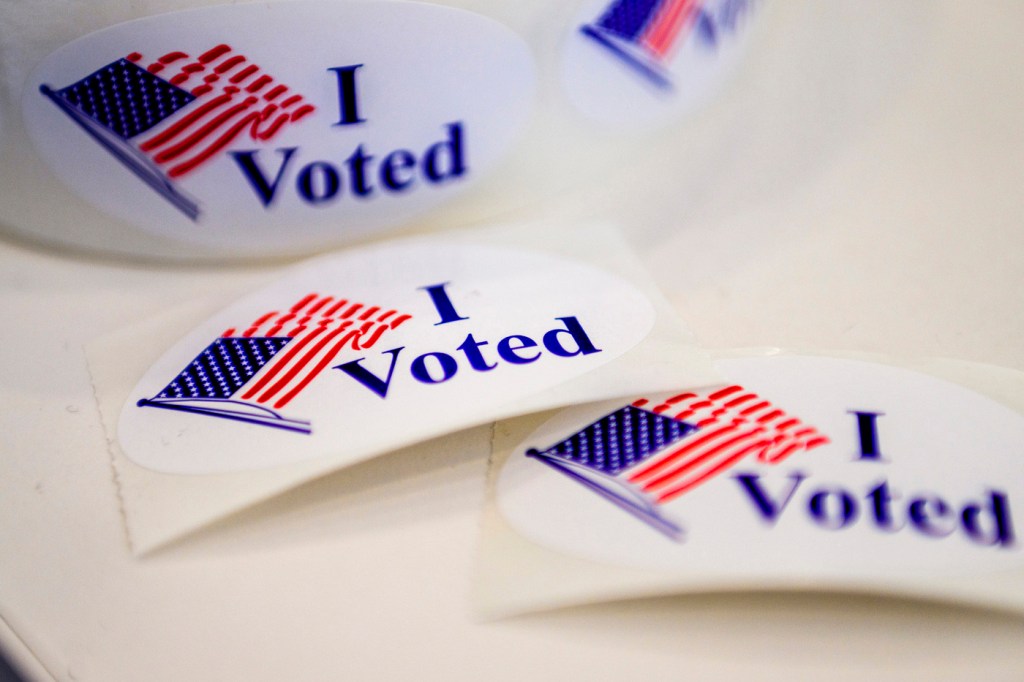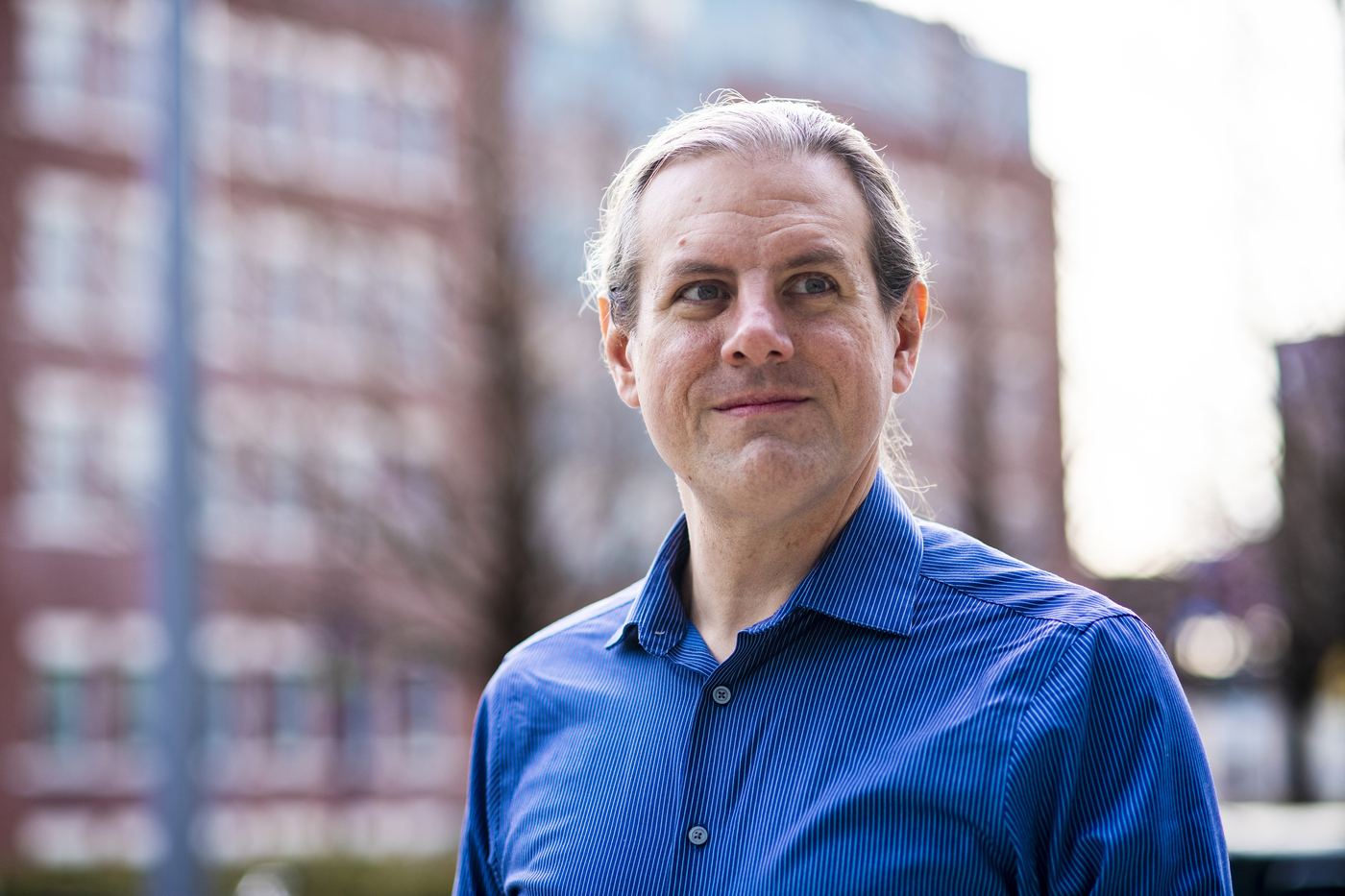Are millennials getting more conservative as they age? Why it’s hard to know

“As people age, they become more conservative” is a well worn political aphorism. It is cited frequently in discussions and research about generational politics. It’s been deployed in various ways in the popular discourse—a way of talking about the limits of progressive politics and the power of folk wisdom.
But in a world some say is spinning toward catastrophe, with climate change, the threat of nuclear war and economic instability perpetually in the news—is this oft-parroted line still persuasive?
Some research has pointed to an increasing liberalism among younger generations. A recent report in the Financial Times suggests that the aftereffects of the 2008 global financial crisis may well turn millennials into lifelong liberals, noting that those born between 1981 to 1996 are adhering more closely to liberal values compared to prior generations.

Are generational shifts in political attitudes as pronounced as we’re led to believe?
Northeastern Global News asked Nick Beauchamp, associate professor of political science at Northeastern, to provide some thoughts on how a person’s age factors into their political outlook.
Can you explain why we, those of us in the media, obsess over this question of how people’s political attitudes change over time?
In the literature, we have “age, period and cohort,” or APC, to help us explain some of these things; and for a whole century, we’ve been developing models to try to distinguish between these three ideas.
The problem is that, causally, people think that all three of these things play a role in political ideology. So, as you get older, one theory is that something about the aging process itself makes you more conservative, or the age effect. Another theory is that what’s going on in the world affects your ideology. Here, as the world gets more violent and riddled with terrorism, let’s say, then everyone becomes more conservative—and you have this general tilt toward conservatism on the whole. This is the period effect.
And then there is the cohort effect, which states that the primary factor influencing your political disposition for the rest of your life is what’s going on when you “come of age.” If you come of age during [President Ronald] Reagan, for example, you’re more conservative. If you came of age five years earlier during [President Jimmy] Carter, you’re more liberal.
What do you make of Financial Times Columnist John Burn-Murdoch’s analysis suggesting that millennials are bucking the trend of ‘becoming more conservative as you age’?
He seems to be making a claim about millennials growing less conservative as they age. Already that language, “millennial voters are not following the typical pattern,” is a little ambiguous. Does that mean that the pattern he’s referring to is that anybody just gets more conservative as they get older, or does it mean that older people are more conservative? The problem is that those are two different questions. Maybe they’re more conservative because the effect of aging made them more conservative; or maybe they’re more conservative because it’s a more a conservative era than it used to be. Or maybe it’s because the era that they were imprinted on was a more conservative era—we don’t really know.
About 40 years ago, it used to be thought that people got more liberal as they aged. In those days, the oldest people were the people who came of age during [President Franklin Delano] Roosevelt—or the Silent Generation. On the whole, the Silent Generation was more liberal than some subsequent generations. So when you just look at the relationship between ideology and age, what you find in this case is that the older people were more liberal, and the younger people were more conservative. The thinking then becomes: getting old makes you realize that liberalism is the right way of looking at the world.
But as time went on, it sort of switched because all those people died, and the people who came of age in the 50s became the old people, and the people who came of age in the 60s and 70s were younger and more liberal. Now we’ve gone through a couple waves of this, because my understanding is that the 80s cohort effect was fairly strong in making people more conservative.
At the same time, there’s been a general drift of everyone becoming a little bit more liberal. Now the millennials are coming of age during [President Barack] Obama and the later part of [President George] Bush, when Bush was unpopular, which led to people being more liberal. If you add on top of it that people are drifting more liberal in general, it gets complicated.
At the end of it, what role does age itself play in any of this? Is it just about what era you’re in? Trying to figure out the effect of age itself is very hard.
At the end of the day, do you think it even matters? Is this an important question about our political existence?
There are a couple ways of answering that. One way is to say that the age effect is fairly small. That is to say, the predictive effect of age compared to, say, income, education and race is very small. It’s one thing to track the attitudinal shifts in 20-somethings as they grow older, and another thing to try and understand what it might be like to go from white to Black, or poor to rich, or from being non-college educated to having a college education. Those are much bigger effects, in my view.
Tanner Stening is a Northeastern Global News reporter. Email him at t.stening@northeastern.edu. Follow him on Twitter @tstening90.






